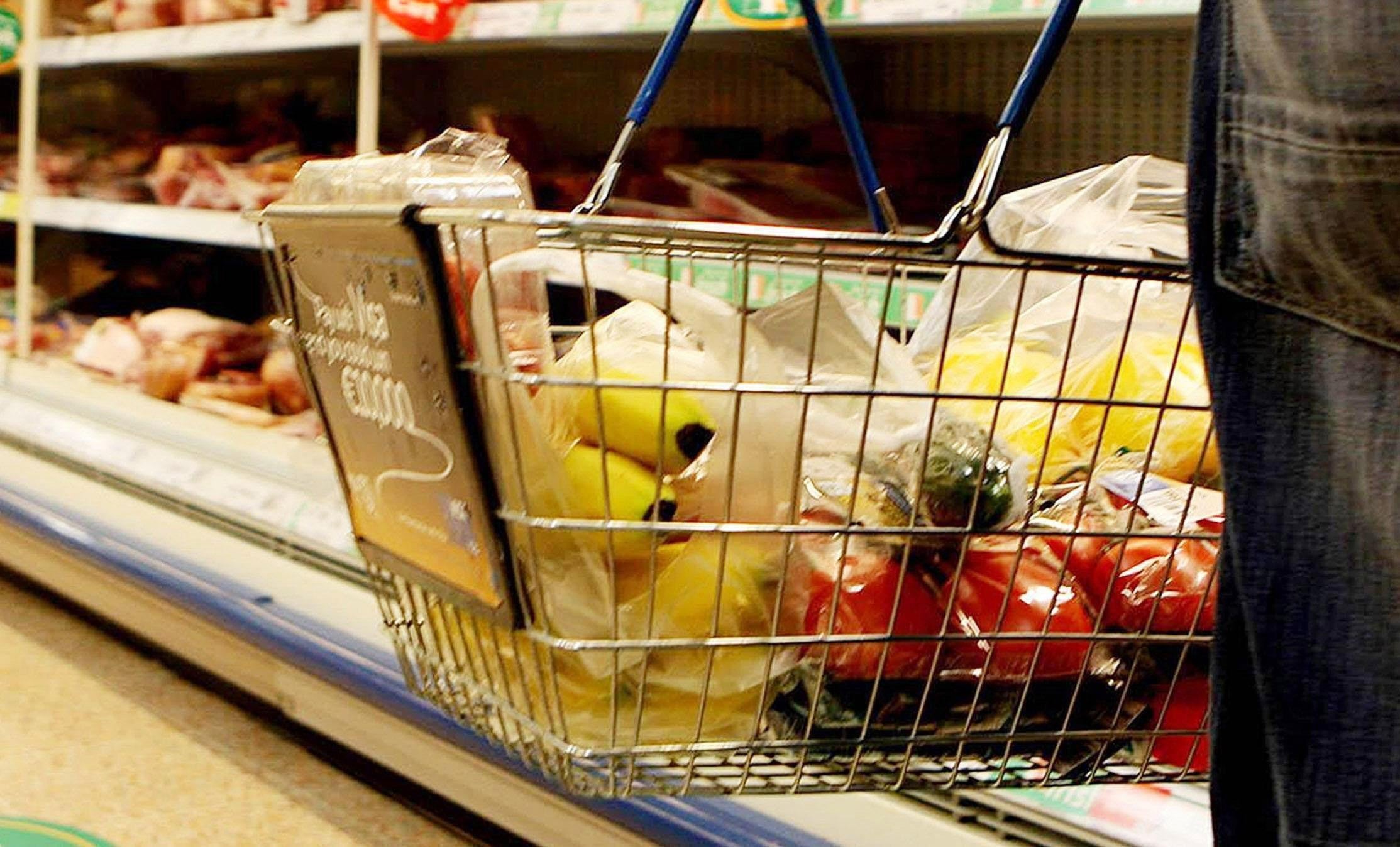Shop prices soar to highest in 11 years due to rising energy costs and Ukraine conflict
Shop price annual inflation accelerated to 2.7% in April, up from 2.1% in March.

Your support helps us to tell the story
From reproductive rights to climate change to Big Tech, The Independent is on the ground when the story is developing. Whether it's investigating the financials of Elon Musk's pro-Trump PAC or producing our latest documentary, 'The A Word', which shines a light on the American women fighting for reproductive rights, we know how important it is to parse out the facts from the messaging.
At such a critical moment in US history, we need reporters on the ground. Your donation allows us to keep sending journalists to speak to both sides of the story.
The Independent is trusted by Americans across the entire political spectrum. And unlike many other quality news outlets, we choose not to lock Americans out of our reporting and analysis with paywalls. We believe quality journalism should be available to everyone, paid for by those who can afford it.
Your support makes all the difference.Shop prices are up 2.7% on last year marking their highest rate of inflation since September 2011, figures show.
The impact of rising energy prices and the conflict in Ukraine continued to feed through into April’s retail prices, with no sign of them abating, according to the BRC-NielsenIQ Shop Price Index.
Shop price annual inflation accelerated to 2.7% in April, up from 2.1% in March and soaring beyond the 12 and six-month average increases of 0.4% and 1.5%, according to the index.
Food inflation accelerated to 3.5% in April, up from 3.3% in March, although fresh food inflation slowed slightly from 3.5% last month to 3.4% amid fierce competition between supermarkets which resisted price hikes on everyday essentials.
Global food prices have reached record highs, seeing a 13% rise on last month alone, and even higher for cooking oils and cereals amid warnings that they will place further upward pressure on UK food prices as they filter through the supply chain over coming months.
Non-food products, particularly furniture, electricals and books, have seen the highest rate of inflation since records began in 2006, accelerating to 2.2% in April from 1.5% in March, exacerbated by disruption at the world’s largest seaport, following Shanghai’s recent lockdown.
Customers should brace themselves for further price rises and a bumpy road ahead
British Retail Consortium chief executive Helen Dickinson said: “Retailers will continue to do all they can to keep prices down and deliver value for their customers by limiting price rises and expanding their value ranges, but this will put pressure on them to find cost-savings elsewhere.
“Unfortunately, customers should brace themselves for further price rises and a bumpy road ahead.”
Mike Watkins, head of retailer and business insight at NielsenIQ, said: “Inflation shows no signs of abating and the increase in non-food prices is an extra challenge for the high street as fragile consumer confidence and rising living costs are likely to negatively affect consumer spending.
“With food retailing no longer immune to these pressures, supermarkets are reacting by cutting the prices of some everyday grocery products including private label to help limit shop price inflation.”